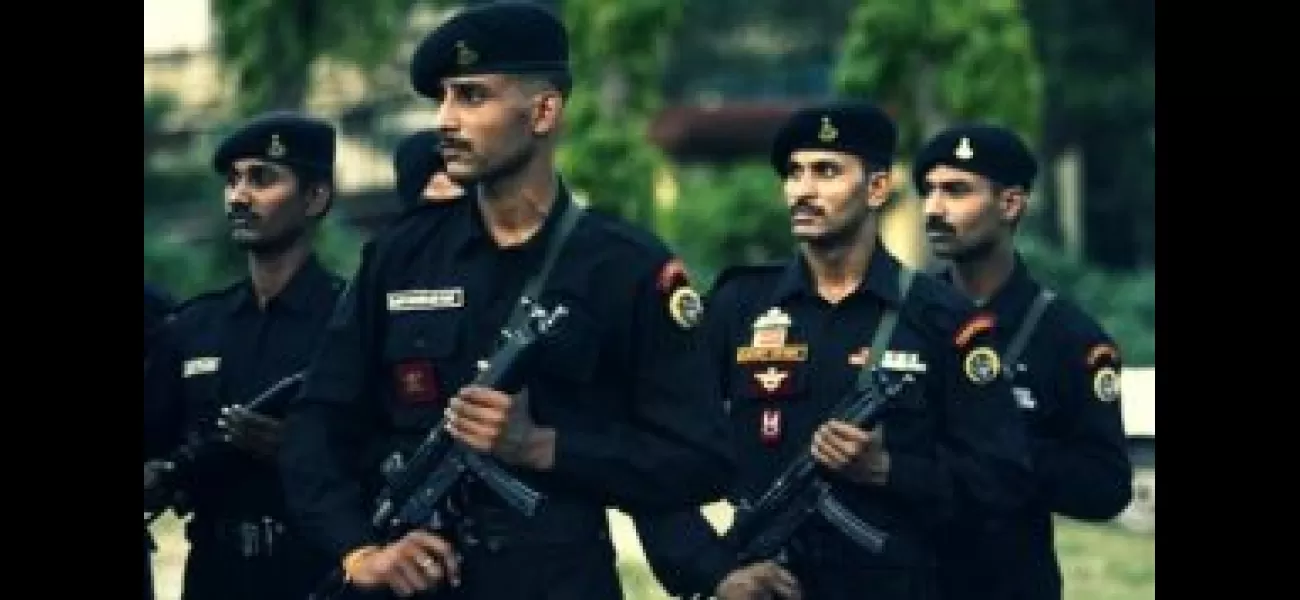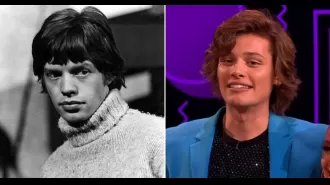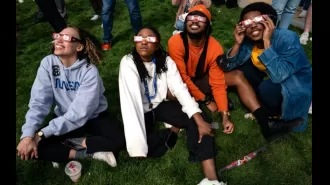Modi 3.0 will bring significant changes to VIP security, with the withdrawal of NSG and ITBP.
Changes in VIP security by Indian government, with high-risk individuals now guarded by different paramilitary forces instead of NSG and ITBP.
June 11th 2024.

New Delhi: According to official sources, the security arrangements for VIPs under the Union government are set to undergo a major transformation as the newly appointed ministers take charge. This includes transferring the responsibility of protecting over a dozen high-risk individuals from the National Security Guard (NSG) and Indo-Tibetan Border Police (ITBP) to other paramilitary forces.
It has been reported that the Ministry of Home Affairs will soon conduct a review of this crucial department. As part of this review, the security covers provided to various political figures, candidates, former ministers, retired bureaucrats, and other individuals will be either withdrawn, reduced, or upgraded.
One of the major decisions taken is the long-awaited withdrawal of the NSG's 'black cat' commandos from VIP security duties. The sources reveal that all nine individuals who were under the NSG's highest level of security, known as Z-plus category, will now be guarded by the Central Reserve Police Force's (CRPF) VIP security unit.
Similarly, it has been proposed that some individuals who were under the protection of the Indo-Tibetan Border Police (ITBP) will now be transferred to either the CRPF or the Central Industrial Security Force's (CISF) VIP security wing, called the Special Security Group.
Among the prominent individuals who will now be guarded by the CRPF are Uttar Pradesh Chief Minister Yogi Adityanath, former CM Mayawati, Defence Minister Rajnath Singh, veteran BJP leader LK Advani, Shipping Minister Sarbananda Sonowal, and former CM of Chhattisgarh Raman Singh.
Other high-profile individuals who were previously protected by the National Security Guard (NSG) include former CM of Jammu and Kashmir Ghulam Nabi Azad, National Conference President Farooq Abdullah, and TDP Chief N Chandrababu Naidu.
Meanwhile, the ITBP was responsible for guarding BJP leader Murli Manohar Joshi, National Conference leader Omar Abdullah, PDP leader Mehbooba Mufti, and a few others.
The decision to relieve the NSG from VIP security duties has been in the works since 2012 when the NSG commanders anticipated a situation where multiple terror attacks could occur simultaneously across the country, requiring the commandos to be deployed in different directions.
In January 2020, it was reported that after the removal of the Special Protection Group (SPG) from the Gandhi family, a committee of the Ministry of Home Affairs had decided to withdraw the NSG from VIP security tasks.
Furthermore, the government has decided to restructure the NSG and utilize its manpower to establish 'strike teams' of commandos in high-risk areas such as near the Ram Temple in Ayodhya and critical assets in the southern part of the country.
This withdrawal of the NSG from VIP security duties will mark the end of over two decades of them being deployed in this role, a task that was not originally assigned to them when the force was formed in 1984.
The government believes that the NSG should focus on its original mandate of counter-terrorist and counter-hijack operations, and that the responsibility of protecting high-risk VIPs was putting a strain on their limited and specialized capabilities.
Once the NSG is withdrawn from VIP security duties, approximately 450 commandos will be available for other duties. Currently, the CRPF and CISF VIP security wings are responsible for guarding over 200 individuals, including the Union Home Minister, the Gandhi family, NSA Ajit Doval, RSS chief Mohan Bhagwat, and others.
It has been reported that the Ministry of Home Affairs will soon conduct a review of this crucial department. As part of this review, the security covers provided to various political figures, candidates, former ministers, retired bureaucrats, and other individuals will be either withdrawn, reduced, or upgraded.
One of the major decisions taken is the long-awaited withdrawal of the NSG's 'black cat' commandos from VIP security duties. The sources reveal that all nine individuals who were under the NSG's highest level of security, known as Z-plus category, will now be guarded by the Central Reserve Police Force's (CRPF) VIP security unit.
Similarly, it has been proposed that some individuals who were under the protection of the Indo-Tibetan Border Police (ITBP) will now be transferred to either the CRPF or the Central Industrial Security Force's (CISF) VIP security wing, called the Special Security Group.
Among the prominent individuals who will now be guarded by the CRPF are Uttar Pradesh Chief Minister Yogi Adityanath, former CM Mayawati, Defence Minister Rajnath Singh, veteran BJP leader LK Advani, Shipping Minister Sarbananda Sonowal, and former CM of Chhattisgarh Raman Singh.
Other high-profile individuals who were previously protected by the National Security Guard (NSG) include former CM of Jammu and Kashmir Ghulam Nabi Azad, National Conference President Farooq Abdullah, and TDP Chief N Chandrababu Naidu.
Meanwhile, the ITBP was responsible for guarding BJP leader Murli Manohar Joshi, National Conference leader Omar Abdullah, PDP leader Mehbooba Mufti, and a few others.
The decision to relieve the NSG from VIP security duties has been in the works since 2012 when the NSG commanders anticipated a situation where multiple terror attacks could occur simultaneously across the country, requiring the commandos to be deployed in different directions.
In January 2020, it was reported that after the removal of the Special Protection Group (SPG) from the Gandhi family, a committee of the Ministry of Home Affairs had decided to withdraw the NSG from VIP security tasks.
Furthermore, the government has decided to restructure the NSG and utilize its manpower to establish 'strike teams' of commandos in high-risk areas such as near the Ram Temple in Ayodhya and critical assets in the southern part of the country.
This withdrawal of the NSG from VIP security duties will mark the end of over two decades of them being deployed in this role, a task that was not originally assigned to them when the force was formed in 1984.
The government believes that the NSG should focus on its original mandate of counter-terrorist and counter-hijack operations, and that the responsibility of protecting high-risk VIPs was putting a strain on their limited and specialized capabilities.
Once the NSG is withdrawn from VIP security duties, approximately 450 commandos will be available for other duties. Currently, the CRPF and CISF VIP security wings are responsible for guarding over 200 individuals, including the Union Home Minister, the Gandhi family, NSA Ajit Doval, RSS chief Mohan Bhagwat, and others.
[This article has been trending online recently and has been generated with AI. Your feed is customized.]
[Generative AI is experimental.]
0
0
Submit Comment





